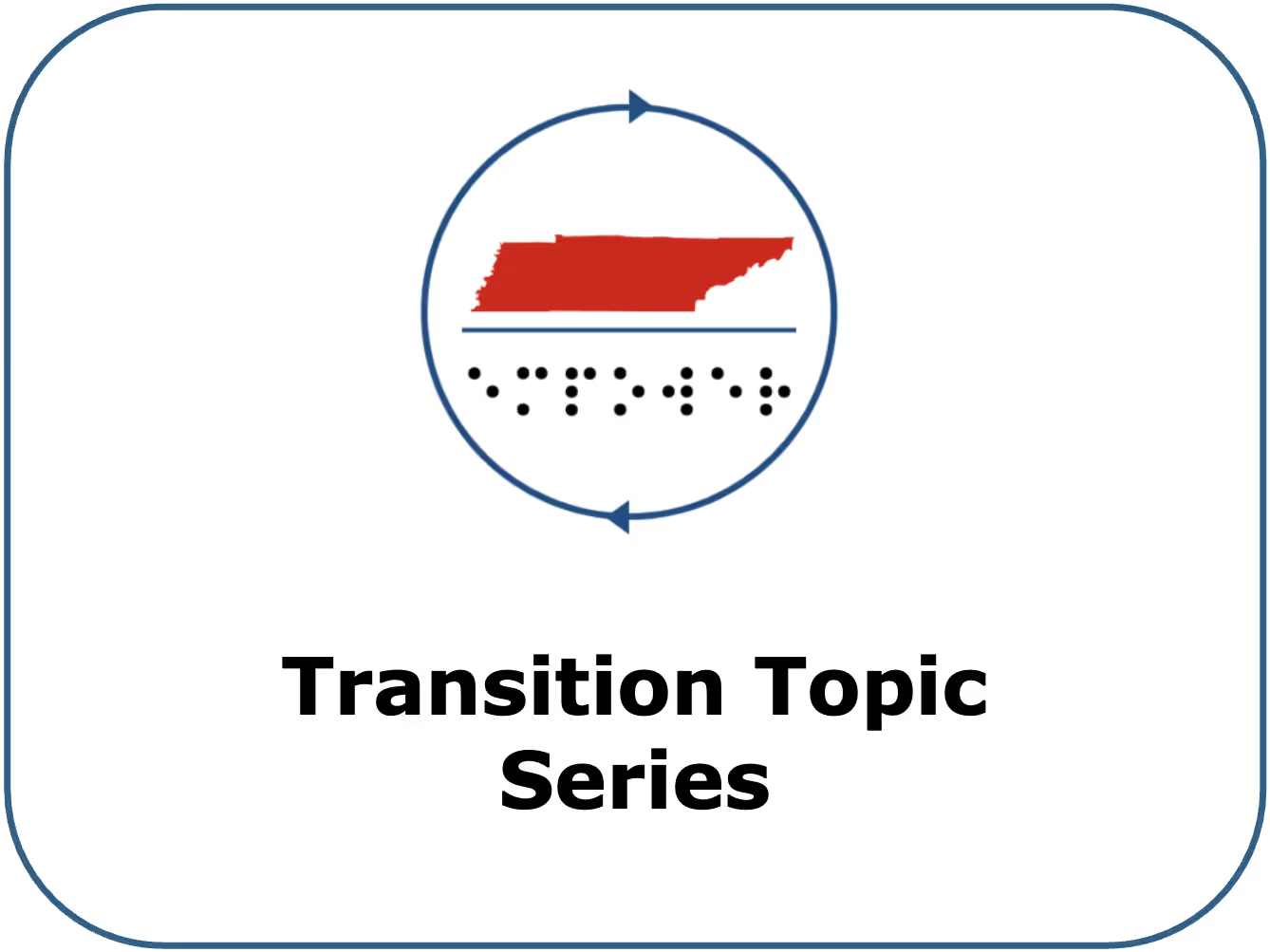Getting Involved in the Community Definitions Getting involved in the community looks different for everyone. Not everyone aspires to be a community group leader or to participate in large group events. Some people like to attend a local coffee shop once a week to meet some friends, while others want to attend the gym and informally chat with other gym members. No matter your preference for connection, having a social network, big or small, is important for your mental health. Getting involved in your community can help you meet new people and make new friends. The first step is getting involved in your community to determine what you like to do. Then you will need to research local options related to your interests.
Guiding Questions Are you happy with your social network or are you looking for ways to meet new people? Are you involved in any clubs/teams at school? Do you participate in any volunteer or advocacy groups in your community? What do you like to do for fun? Are there any activities you’ve never done but always wanted to try (e.g., ice skating, gymnastics, horseback riding, swimming)? How can you find local opportunities to try new activities? Resources Getting to Know Your Community – An activity that allows students to explore what is available in their community.
Community Resource Mapping – An activity that helps students connect to resources available in their community. This can be used as a running log of various resources and recreation opportunities that become available or are discovered.
Preference for Leisure Attributes Assessment - A pictorially supported, computer-based assessment that allows students to choose preferences between two activities. Activities appear more than once to refine preferences. Results are separated into categories of type of activity, motor skill required, location (indoor/outdoor & home/community), equipment, social attributes, cost, and physical activity.
Planning for Community Living Worksheet - A short activity designed to help students identify what community living skills they can do independently, require family support, and may require community service assistance.
Housing Transportation Community Resources Understanding the Law and Recreation – Handbook for Skill Development – This resource explores housing, transportation, understanding the law, and recreation. Each topic area includes assessment, skill plan, and skill development activity/resources.
Recreation and Leisure Programs for Blind or Visually Impaired Individuals in TN – This screen-reader-accessible resource provides information on recreation and leisure programs for blind or visually impaired individuals in Tennessee.





